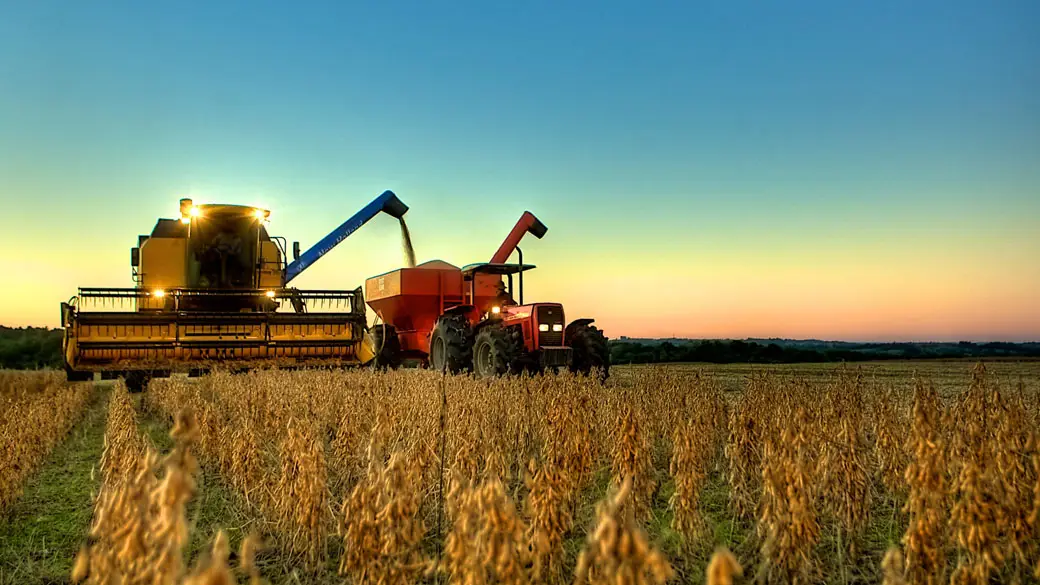Learn about the system that brings together more than 1 million producers in the country
Cooperativism has been a fundamental force for the development of global and Brazilian agribusiness. This organizational model brings together producers around common goals and represents a collective strategy to generate and distribute income, improve access to technologies, reduce costs and promote social development in the countryside. The first cooperatives emerged in Brazil at the end of the 19th century, with the founding of the Cooperativa Econômica dos Funcionários Públicos de Ouro Preto (MG), inspired by the cooperative movement that already existed in Europe, especially in the United Kingdom, where the model developed with the creation of the first modern cooperative in Rochdale, in 1844. Today, the Brazilian cooperative model is an example in several sectors, especially in agribusiness.
Agricultural cooperatives offer several advantages to producers, such as: 1) easier access to quality inputs and advanced technologies, increasing productivity and efficiency; 2) more efficient marketing of their products, guaranteeing better prices and without depending on intermediaries; 3) specialized technical assistance; 4) cost reduction through collective purchasing; 5) strengthening rural communities, stimulating economic and social development, generating employment and income; among others.
In 2023, the country had 1,179 agricultural cooperatives, more than 1 million members and almost 260 thousand direct jobs. The cooperatives are distributed in segments: a) inputs and supply goods (66.6%); b) non-industrialized products of plant (58.0%) and animal (33.5%) origin; c) services (32.8%); d) industrialized products of plant (27.4%) and animal (17.4%) origin; and e) technical schools for rural production (2.2%). In financial terms, agricultural cooperatives generated revenues of R$423.2 billion in 2023, with total assets of R$274.2 billion and share capital of R$23.6 billion. The surplus for the year totaled R$20.5 billion, with a significant investment of R$11.7 billion in salaries and benefits for its employees. The data is from the Coop 2024 Yearbook, led by the OCB System (Organization of Brazilian Cooperatives), which plays an essential role in strengthening the model.
The main cooperatives in Brazil have impressive revenues, reflecting their significant impact on the sector. The ranking, according to data from Forbes Agro, is composed of: Copersucar (1st), which leads the ranking with revenues of R$70 billion, followed by Coamo (2nd) with R$26.07 billion and C. Vale (3rd) with R$22.44 billion, closing the podium. Lar Cooperativa (4th) and Aurora (5th) also stand out with significant revenues of R$21.07 billion and R$20.41 billion, closing the Top-5 of the list. Other cooperatives on the list are Comigo (6th) with R$15.32 billion, Cocamar (7th) with R$10.32 billion, Cooxupe (8th) with R$10.11 billion, Coopercitrus (9th) with R$9.03 billion and, finally, Cooperalfa (10th) with R$8.41 billion. These figures illustrate the strength of these institutions’ operations in the Brazilian agricultural landscape.
Looking to the future of cooperatives, there are important challenges, including the internationalization of organizations without losing their cooperative essence, and the need to find viable forms of capitalization to support sustainable growth and efficiency. Linked to this financial factor, the effort to constantly modernize management practices and adopt new technologies by producers is greater when compared to non-cooperative organizations. Therefore, technological advancement and the integration of governance practices are trends that should remain strong for the future of cooperatives. Furthermore, trends in agriculture in general, such as the development of artificial intelligence and data analysis technologies, as well as socio-environmental practices aimed at greater sustainability of agricultural products, are applicable within the cooperative context. These are the main challenges and trends that cooperatives must pay attention to in order to strengthen and constantly modernize the sector, and thus continue to propagate the exemplary legacy of the Brazilian cooperative system throughout the world.

